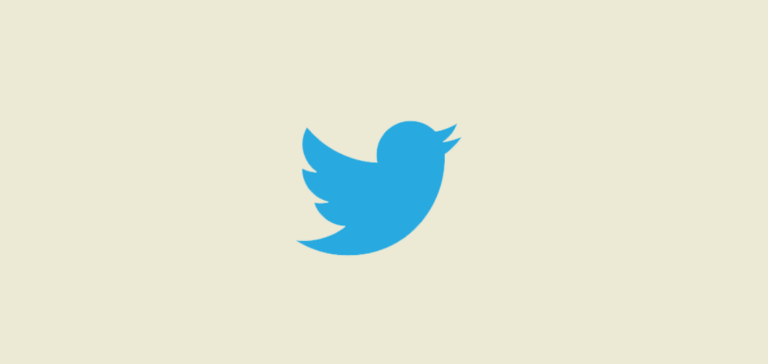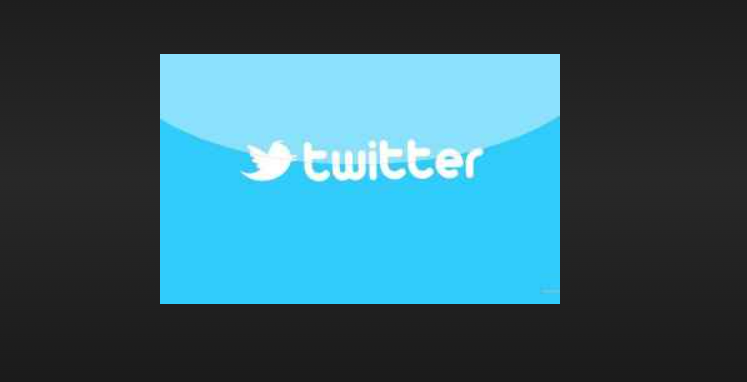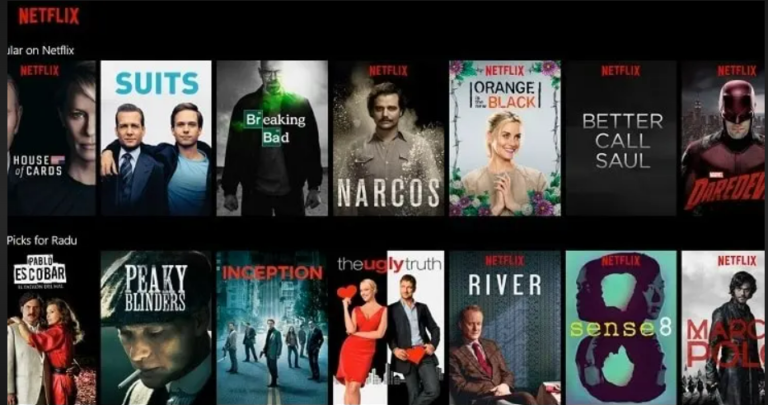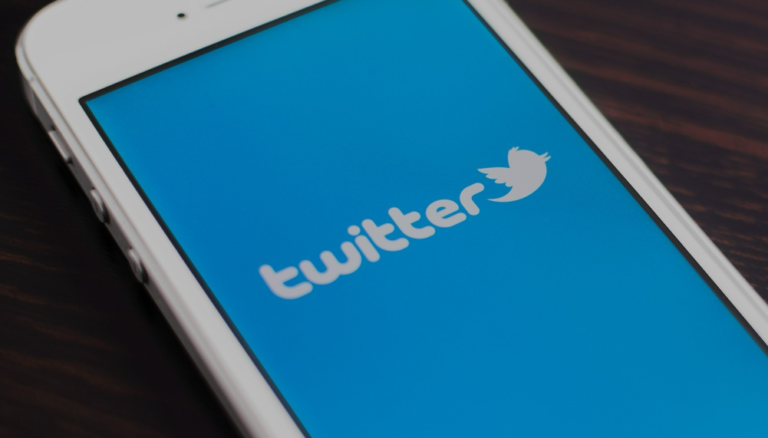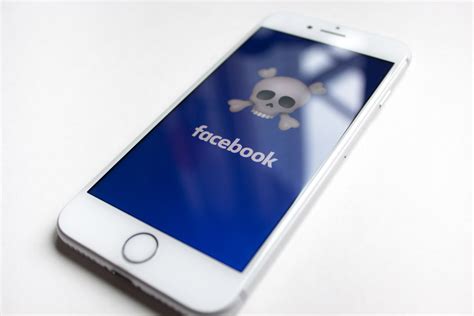Twitter is a popular social media platform that millions of users rely on for various purposes, including communication, news, marketing, and customer support. If Twitter is down for several users, it can have several consequences, including:
- Disruption in Communication: Twitter is a popular platform for real-time communication, and users rely on it to stay connected with friends, family, and colleagues. If Twitter is down, users may not be able to send or receive messages, which can result in communication breakdowns.
- Loss of Productivity: Many businesses use Twitter as a marketing and customer support tool. If Twitter is down, it can lead to a loss of productivity, as businesses may not be able to respond to customer inquiries or engage with their audience.
- Negative Impact on Reputation: If businesses are unable to respond to customer inquiries or complaints on Twitter due to a downtime, it can negatively impact their reputation. Users may view the business as unresponsive or unreliable, which can harm their brand.
- Financial Losses: Businesses that rely on Twitter for marketing or customer support may suffer financial losses if the platform is down. For example, if a business is running a paid social media campaign on Twitter, they may not be able to reach their target audience, resulting in a waste of advertising dollars.
- Security Risks: If Twitter is down due to a security breach or hack, it can lead to the exposure of sensitive user data, including personal information, login credentials, and private messages.
- Impact on News and Information Sharing: Twitter is often used as a source of breaking news and real-time updates on current events. If the platform is down, users may not be able to access the latest news or share information with their followers, which can be especially problematic during emergencies or crises.
- Frustration and Anger among Users: When Twitter is down for an extended period, users may become frustrated and angry. They may take to other social media platforms to express their dissatisfaction, which can harm Twitter’s reputation and user base.
- Dependency on a Single Platform: Twitter downtime highlights the potential risks of relying on a single platform for communication, information sharing, and business operations. Users and businesses may consider diversifying their social media presence and adopting other platforms to mitigate these risks.
- Opportunity for Competitors: Twitter downtime can create an opportunity for competitors to gain market share. Users may switch to alternative platforms like Facebook, LinkedIn, or Instagram, which can result in a loss of users for Twitter.
- Technical Glitches and Bugs: Twitter downtime may occur due to technical glitches or bugs, which can impact the platform’s performance and user experience. These issues may lead to data loss, slow response times, or crashes, which can cause frustration among users.
- Impact on Public Discourse: Twitter is a popular platform for public discourse, with users sharing their opinions and ideas on a wide range of topics. If Twitter is down, users may not be able to participate in these conversations, which can limit free speech and the exchange of ideas.
- Loss of Engagement: Twitter downtime can lead to a loss of engagement, as users may be unable to interact with their followers or participate in discussions. This can result in a decline in user engagement and a loss of followers, which can harm the growth of personal or business accounts.
- Damage to User Trust: If Twitter is down frequently, users may lose trust in the platform’s reliability and security. This can lead to a decline in user adoption and engagement, as users may switch to other social media platforms that they perceive as more reliable.
- Impact on Social Movements: Twitter is often used as a platform for social movements and activism, with users organizing and mobilizing around various causes. If Twitter is down, it can limit the ability of users to organize and coordinate these movements, which can hinder their impact and effectiveness.
- Business Continuity Issues: If Twitter is down for an extended period, it can result in business continuity issues for organizations that rely on the platform for critical operations, such as customer support or marketing. This can lead to financial losses, reputational damage, and a loss of customer loyalty.
In conclusion, Twitter downtime can have several consequences, including limitations on public discourse, loss of engagement, damage to user trust, impact on social movements, and business continuity issues. Therefore, it is crucial for social media platforms like Twitter to invest in robust infrastructure, security, and disaster recovery measures to ensure uninterrupted service and minimize downtime. Additionally, users and businesses may consider diversifying their social media presence to mitigate the risks of relying on a single platform.


